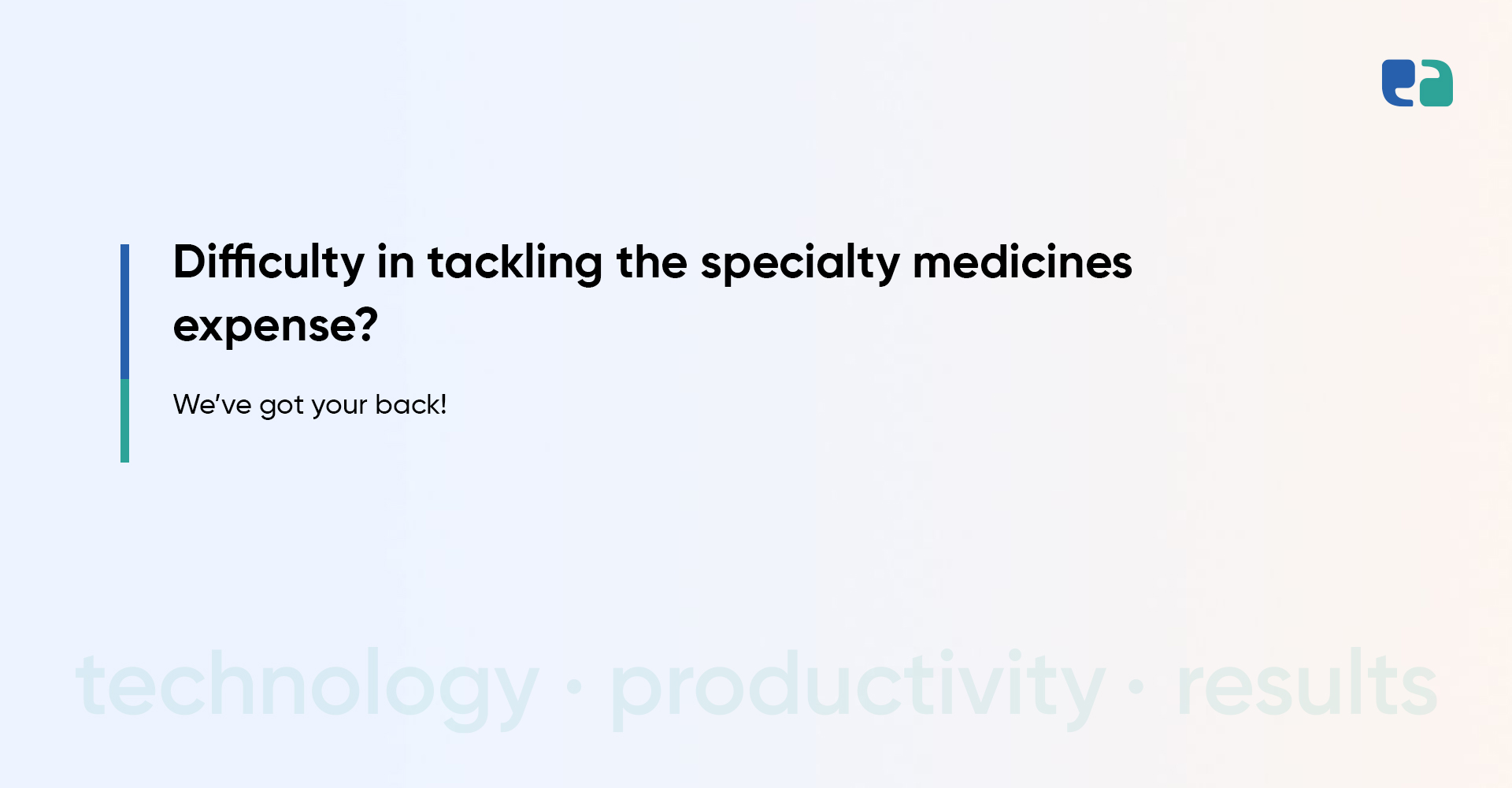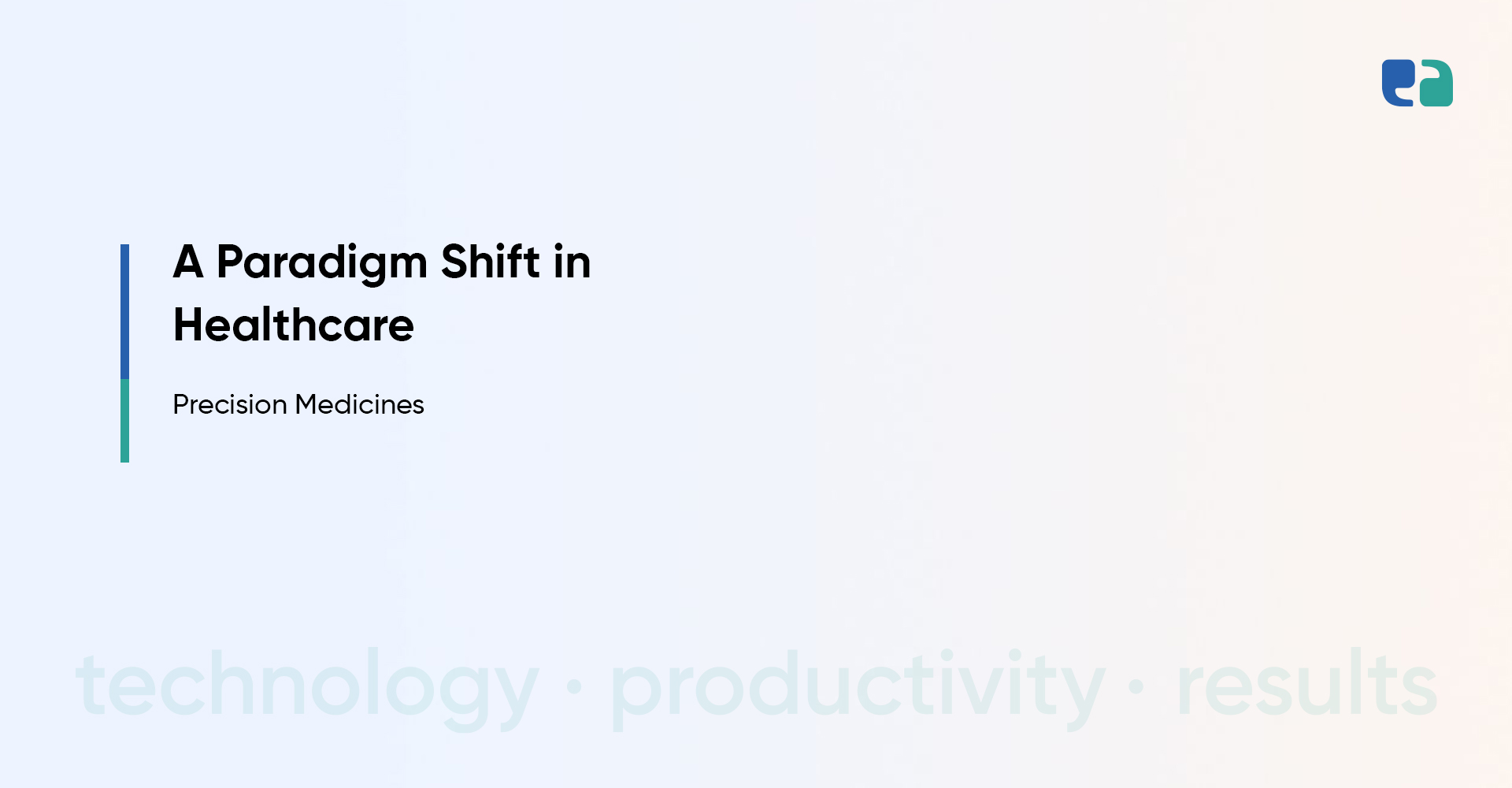Today, technology has reshaped almost every industry out there.
But one area that has seen particularly promising advancements is healthcare.
Among the many exciting innovations in healthcare, the integration of artificial intelligence (AI) into healthcare documentation is a real game-changer!
It promises to streamline administrative processes, reduce errors, and most importantly, enhance patient care.
With healthcare documentation being so labor-intensive and prone to errors, AI-powered solutions have emerged as a beacon of hope.
They are transforming the way things are done and revolutionizing the entire landscape.
AI is leading the charge in the healthcare industry!
How is AI Used in Medical Transcription?
Gone are the days of endless scribbling and painstakingly typing up patient notes and records.
With the help of AI-powered speech recognition systems, you can now simply speak and let the technology do the rest.
These systems work like magic, accurately transcribing spoken language into text in no time.
Not only does this enhance your efficiency, but it also minimizes the risk of transcription errors, ensuring the integrity of patient data.
Say goodbye to manual transcribing and hello to a smarter, more efficient way of keeping accurate patient records!
How is AI Used in Coding and Billing Automation?
In the world of healthcare, assigning the right billing codes is a crucial task.
As it can make or break the financial viability of any organization.
Fortunately, AI algorithms have stepped up to the plate and are now adept at analyzing medical records to ensure that the right codes are assigned.
By automating coding and billing tasks, AI not only accelerates the revenue cycle but also ensures compliance with regulatory standards, thereby mitigating the risk of billing discrepancies.
With AI at the helm, healthcare providers can now breathe a sigh of relief and focus on what really matters – delivering the best care possible to their patients.
How is AI Used in Clinical Decision-Making?
AI is just not changing the processes in the healthcare industry.
It’s more about providing more time to the healthcare professionals and helping them to automate tasks.
Today, AI is being used to sift through massive amounts of patient data and provide valuable insights to healthcare professionals.
Thanks to machine learning algorithms, doctors can identify patterns, predict outcomes, and even recommend personalized treatment plans.
This empowers clinicians to make informed decisions that optimize patient outcomes and ultimately, improve healthcare for everyone.
How Does AI Improve Patient Care?
AI plays a huge role in revolutionizing healthcare operations.
It’s not just about saving time, it’s also about improving patient care.
By automating administrative tasks, healthcare providers can focus more on their patients, providing them with better diagnosis, treatment, and overall attention.
And that’s not all.
AI-powered predictive analytics can also help identify high-risk patients, allowing healthcare professionals to take proactive measures and implement preventive care strategies.
The Challenges and Considerations Associated with AI
AI is changing the game in healthcare documentation, but we must be mindful of the challenges that come with it.
As awesome as AI is, we must think about data privacy, algorithm bias, and regulatory compliance.
We can’t forget about the human element; it’s still essential, and we need to make sure AI complements clinical expertise and judgment instead of replacing them.
The Future of AI in the Healthcare Industry
As technology continues to advance, the healthcare industry is poised to take a giant leap forward with the integration of AI-powered systems.
With advanced technologies such as natural language processing, computer vision, and predictive analytics, AI is set to revolutionize healthcare documentation.
The potential benefits are enormous, with AI systems expected to improve efficiency, efficacy, and quality in healthcare delivery.
In short, AI is ushering in a new era of patient-centric care where the focus is on accuracy, speed, and precision.
By leveraging the power of artificial intelligence, healthcare organizations can streamline administrative processes, make better clinical decisions, and ultimately, improve the well-being of patients worldwide.
The future of healthcare is here, and AI is leading the way!



